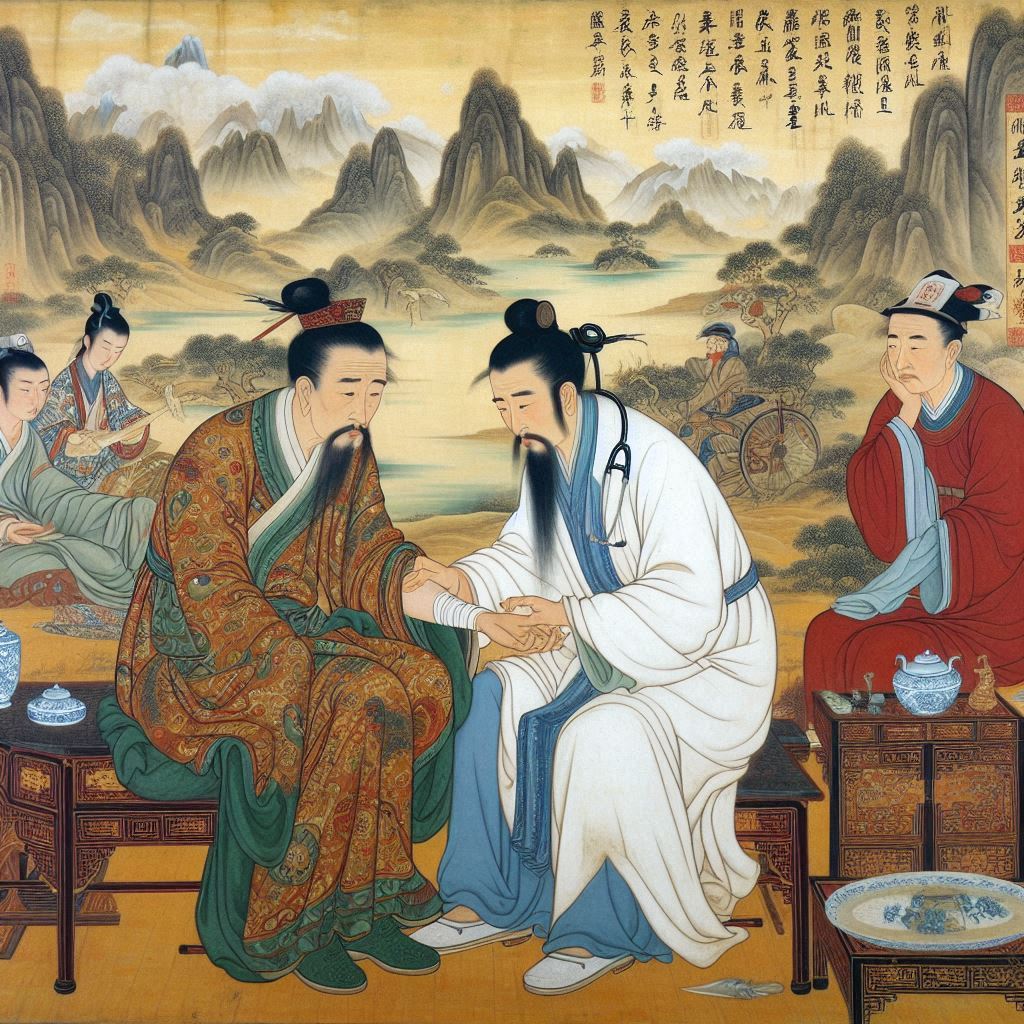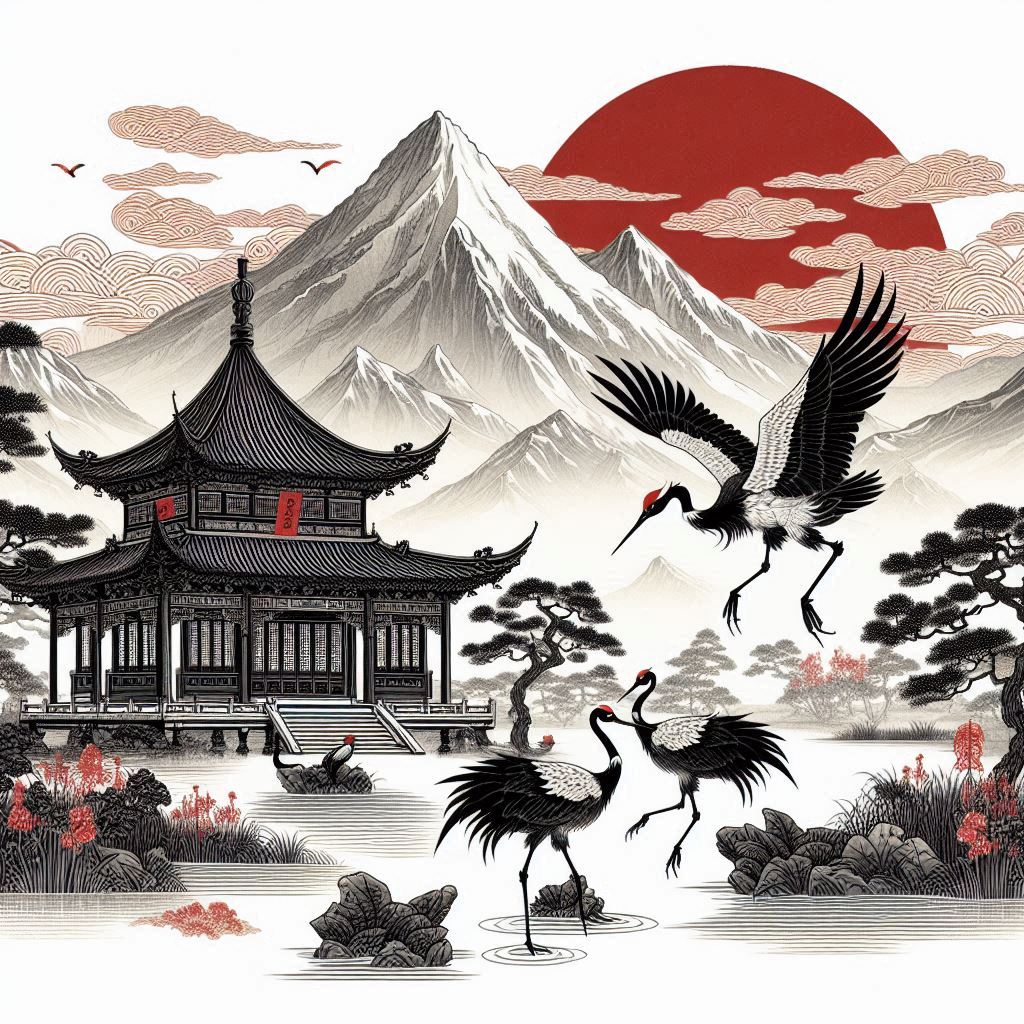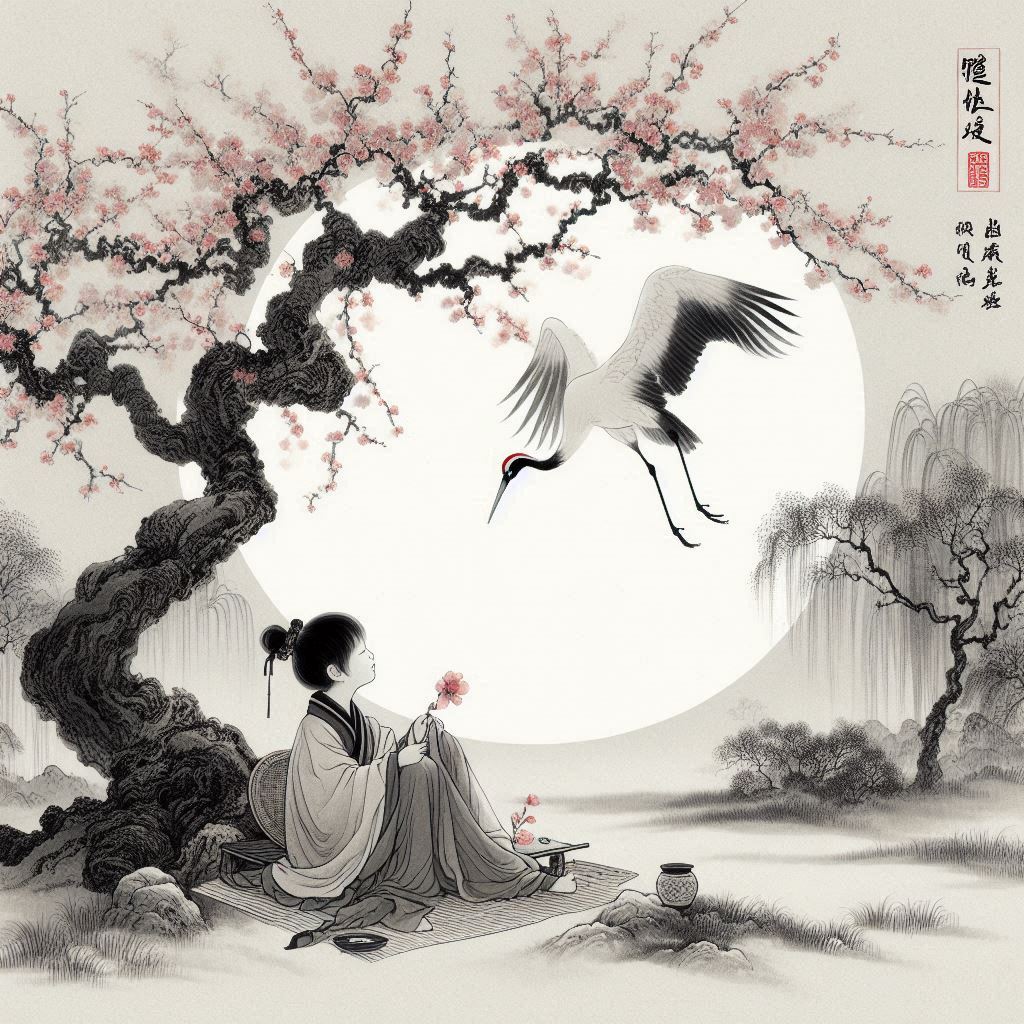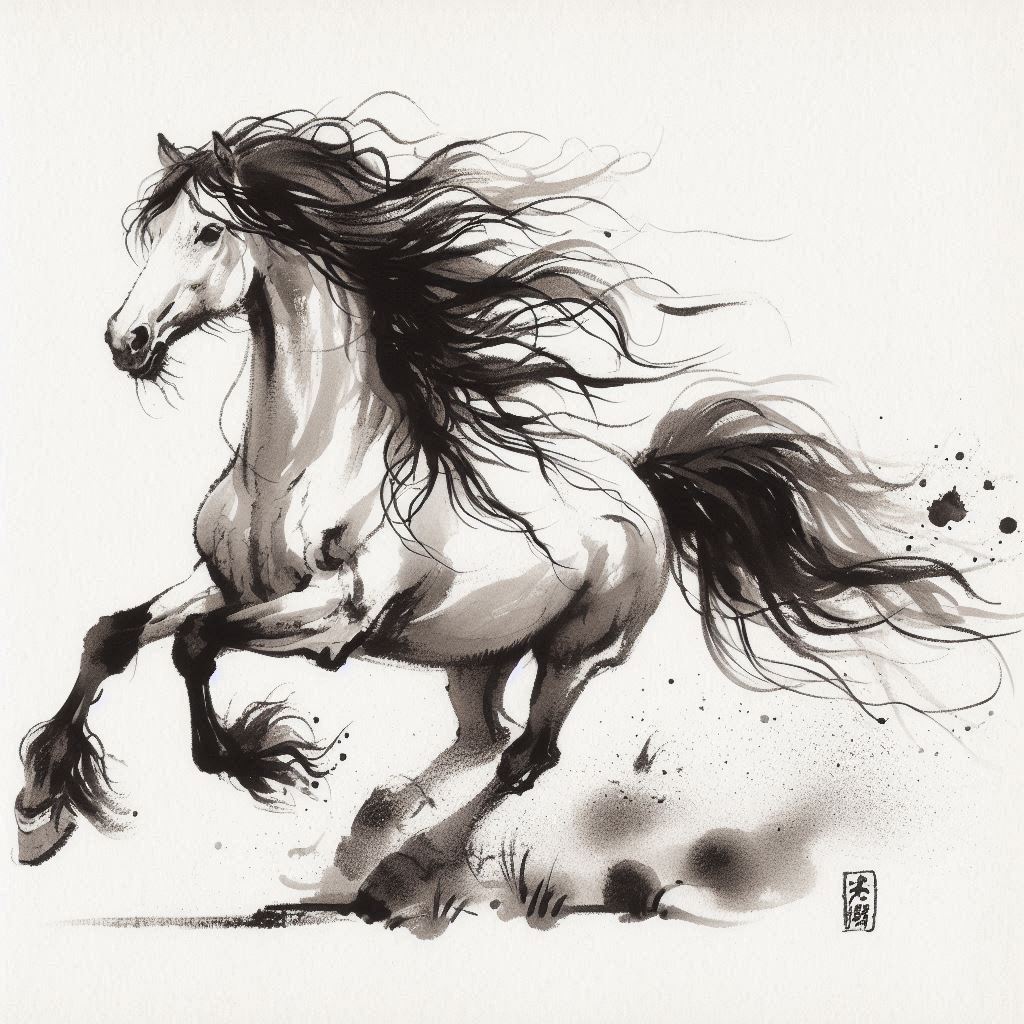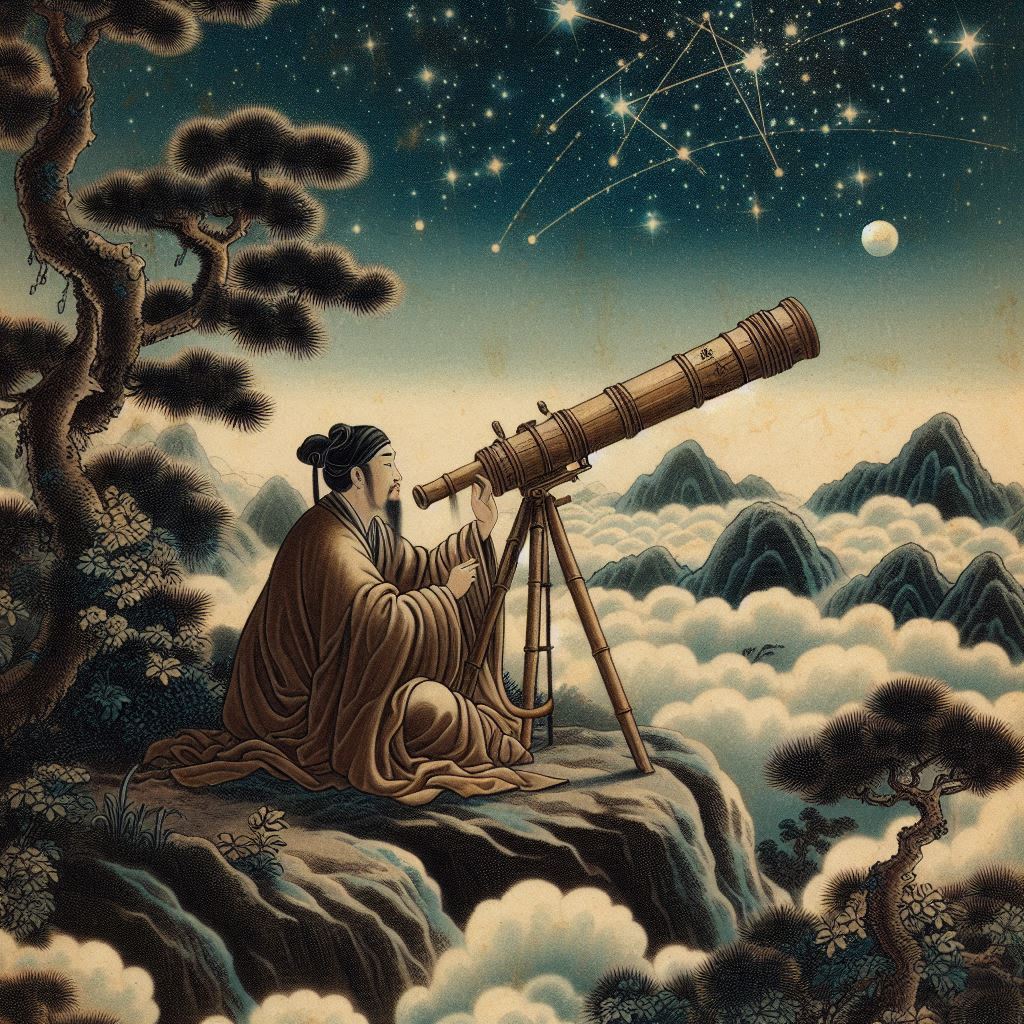Traditional Chinese medicine and Western medicine have very different perception on what an emotion is, where it originates from, and how to approach it if it becomes extreme.
Western medicine places the command of all physical and psychological behavior in the brain. The limbic system, a network of brain structures and pathways, is considered to be in charge of emotional behavior. The amygdala - one of the limbic system structures - plays role in experiencing intense positive or negative emotions such as anger, fear, or joy. Another structure - the hypothalamus – serves as a mediator between the brain and the body, and helps control metabolism, sleep, hunger, thirst, body temperature, and sexual behavior. It is the brain’s most direct link to the body glands that are active in emotions. The endocrine glands themselves influence behavior by secreting hormones into the bloodstream, bringing about a variety of physiological and psychological changes.
In traditional Chinese medicine the behavior is not manifested by a single structure (the brain) but by the interaction of the internal organs emotional aspects.
In TCM an organ can be viewed to manifest biochemically (the organ’s anatomy and physiology), vitally (the organ on the level of Qi), and mentally/emotionally (the way the organ affects the mentality of the person through the emotion associated with the organ). These different levels of manifestation are not independent from one another but are rather co-dependent and interrelated. If one level of manifestation becomes pathological the other levels will also get affected. For example if the biochemistry of the Liver is impaired from alcohol abuse the Qi of the Liver will stagnate (on an energy level), anger will manifest (on emotional level) thus the vital and the mental/emotional aspects of the Liver will also get impaired. Vice versa – extreme long-term anger (the emotion of the Liver) will generate heat in the Liver, which will eventually consume the Yin of the Liver (substance/matter) thus affect the Liver’s biochemistry. So if a single manifestation becomes chronically pathological the other aspects of the organ will eventually become disbalanced as well.
“Thus, in Chinese Medicine, body, mind and emotions are integrated whole with no beginning or end, in which the Internal Organs are the major sphere of influence.” (pg.129) (2)
YS
Scribd. How the Brain Governs Behavior. Retrieved on 02/11/2010 from http://www.scribd.com/doc/4387596/How-the-Brain-Governs-Behavior.
(2) Maciocia, Giovanni (1989). The Foundations of Chinese Medicine. Edinburgh: Harcourt Publishers Limited
Related Articles:
The Seven Emotions - Internal Cause of Disease
The Toxic Effect of Disturbing Emotions and Some Ways to Approach Them

